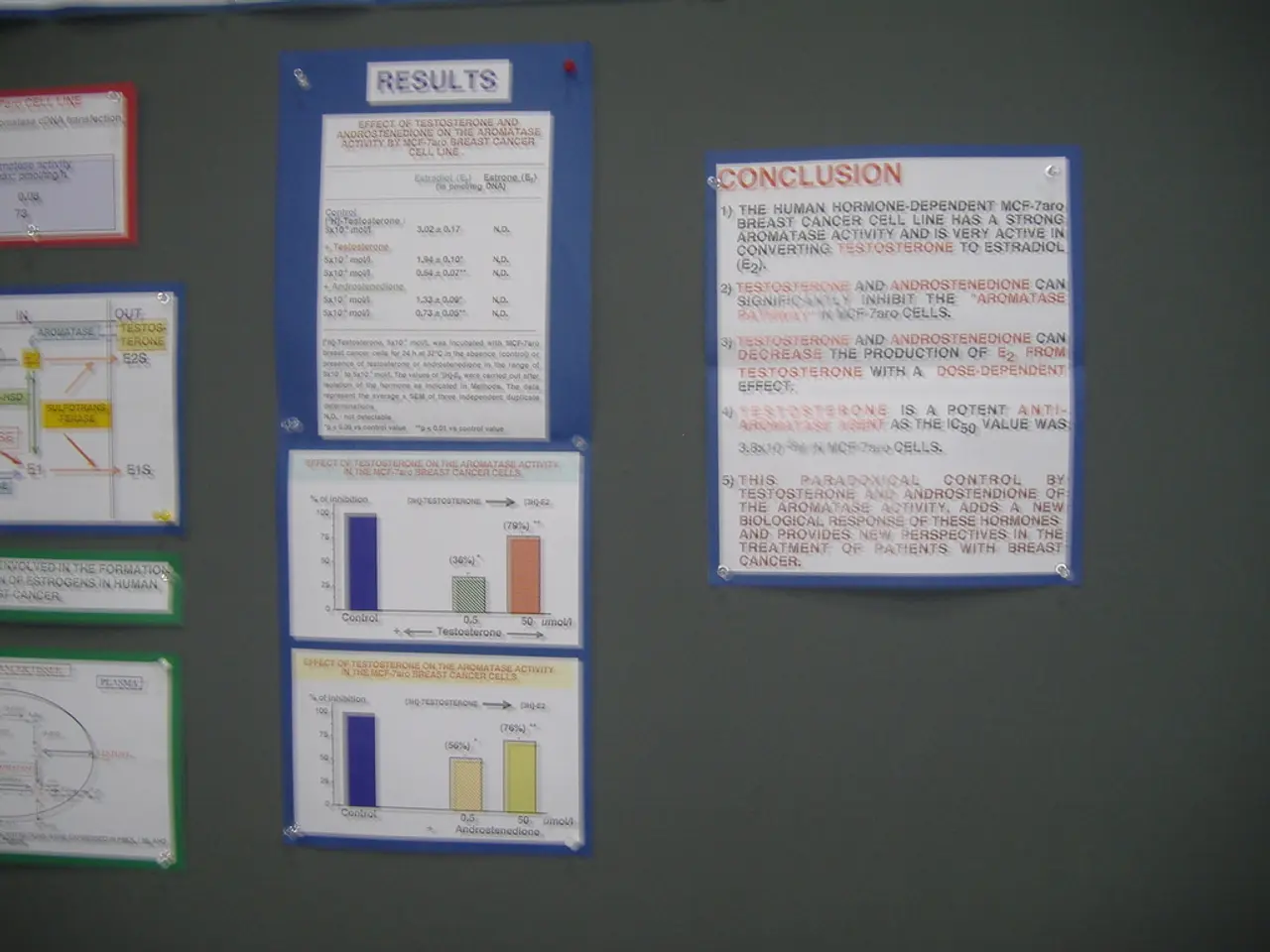Four Common Delays in Construction Projects and Strategies to Address Them
In the construction industry, project delays are a common challenge that can lead to increased costs, disputes, and lost opportunities. Delays can stem from various sources, and understanding their types and causes is crucial for effective management.
There are several types of construction delays, including compensable, non-compensable, excusable/non-excusable, critical, non-critical, concurrent, and others. Compensable delays, caused by the owner or their agents, entitle the contractor to additional compensation and/or time extensions. Non-compensable delays, on the other hand, allow only time extensions but no monetary compensation. Excusable delays, arising from unforeseen conditions or events, may or may not allow compensation and often involve disputes about responsibility.
Common causes of delays include unforeseen site conditions, changes in project scope or design, delays in permits or approvals, poor planning and scheduling, adverse weather, material shortages, transportation delays, and labour shortages.
Effective management of construction delays involves comprehensive planning and scheduling, setting realistic deadlines, monitoring and updating schedules, identifying and managing dependencies, building flexibility, anticipating weather impacts, and efficient communication and documentation. Utilising construction scheduling software and creating a project activity checklist with time estimates for each task can significantly improve project forecasting and reduce delays.
By proactively addressing these factors, project teams can minimise the frequency and impact of delays, improve time and cost performance, and reduce potential disputes between stakeholders. Communication problems between project managers, workers, and stakeholders are a major warning sign for a potential project delay.
It is essential to remember that not all delays are avoidable. Non-excusable delays, which the contractor could have avoided, should be minimised through careful planning, efficient communication, and the implementation of contingency plans. Non-critical delays, which affect only aspects of the project, can be made up for by investing more time or resources.
In conclusion, understanding the types and causes of construction delays, as well as implementing effective management strategies, is key to ensuring project success and minimising the impact of delays on time, cost, and stakeholder relationships.
In the realm of the manufacturing industry, Hubstaff blog might feature an article discussing the parallels between construction project delays and delays in the product development cycle. Such an article could delve into how delays in the manufacturing process, much like in construction, can lead to increased costs, disputes, and lost opportunities for financial growth.
Moreover, the finance industry might be interested in a Hubstaff blog post that discusses how utilising construction scheduling software and generating a project activity checklist can significantly enhance project forecasting and reduce delays, potentially attracting clients who prioritise efficiency and cost-effectiveness.




